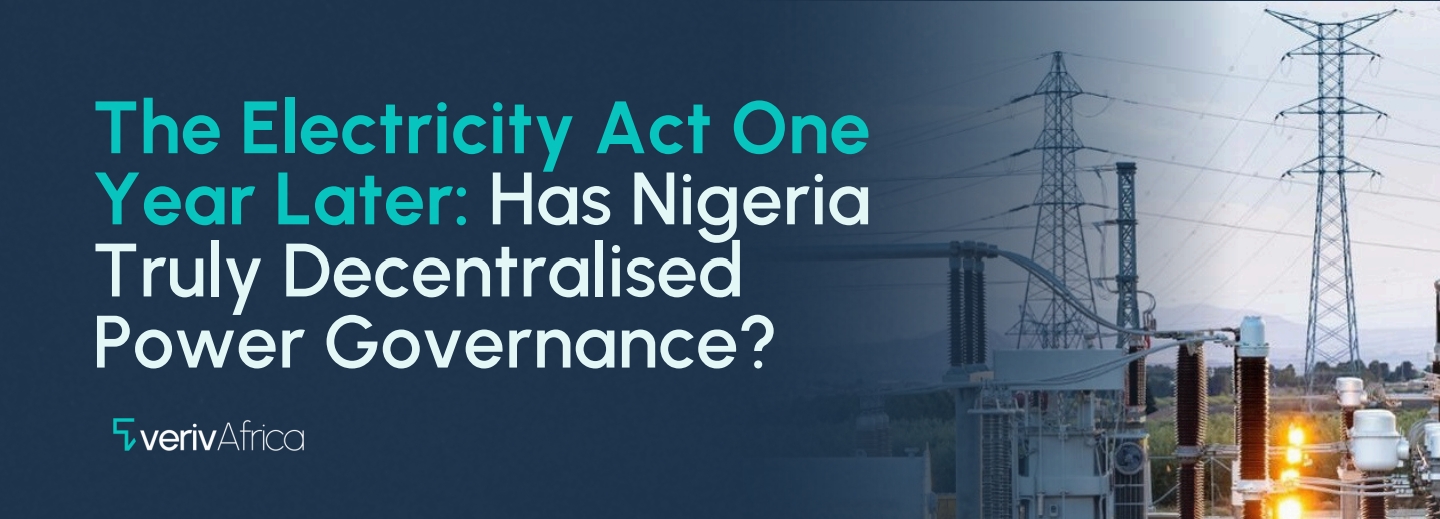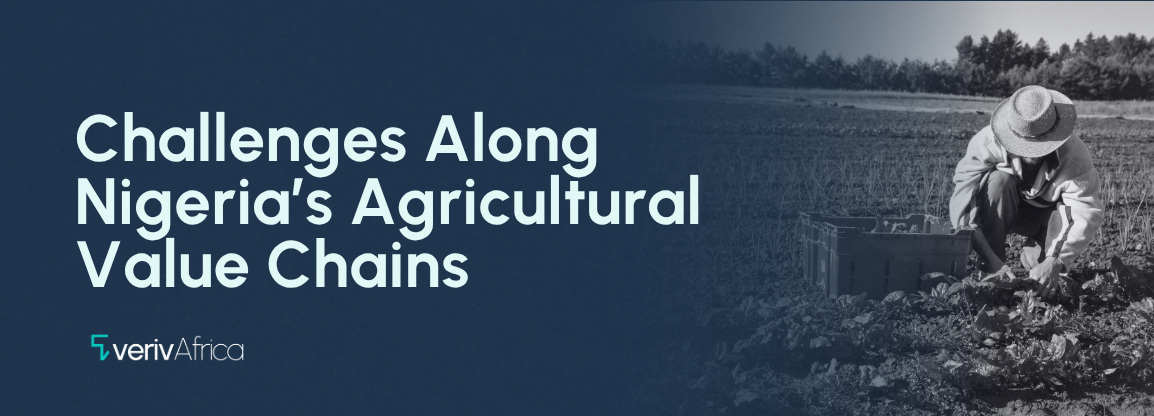Resource-rich nations with large reserves of commodities and crude oil usually benefit from a surge in prices in the global market. As market prices increase, these nations profit from the sale of these resources and sometimes profit beyond projections. These excess profits would need to be saved or used to invest in critical infrastructure and, in many cases, to serve as a buffer during economic hardships, and this is where a sovereign wealth fund comes in.
A Sovereign Wealth Fund (SWF), according to the Corporate Finance Institute (CFI), refers to an invested pool of money owned by the state and primarily used to cushion economic shocks. There are different types of sovereign wealth funds, and the purposes of these funds are set up to address certain needs of the nations creating them. The different types of sovereign wealth funds are:
- Pension Reserve Funds
- Stabilisation Funds
- Reserve Investments Funds
- Future Generation Funds
These funds cover distinct responsibilities, from safeguarding and investing a nation’s pension funds to maintaining liquidity and injecting cash into select government projects where required. The Nigerian Sovereign Investment Authority (NSIA) is the government agency that manages Nigeria's sovereign investment fund. Set up in 2011 by the NSIA Act, it serves primarily to identify unique investment opportunities in both local and foreign capital markets and to save for future generations. While the performance of the Nigeria Sovereign Wealth Fund (SWF) has generally been satisfactory since its inception, the fund has been underperforming recently, especially in the post-COVID years, leading to a 33% profit decline in 2022. While this may look bad at first glance, to contextualise the discourse, funding from the federal government to the SWF has only occurred four times as of June 2024, with the last deposit being $45.6 million in April 2023.
Sovereign wealth funds are receiving increased importance today as a viable means of generating revenue for government projects and as an investment vehicle. Due to its importance, it is necessary to understand what a sovereign wealth fund is, in line with its types, purposes, and governing principles, to review the responsibility of the NSIA as the manager of Nigeria SWF, dissect the reason behind the current underperformance of the Nigerian SWF, glean lessons from some of the world’s best SWFs and provide recommendations for better governance and administration.
Sovereign Wealth Funds: Guiding Principles, Sources of Funding, and Global Rankings.
In a 2011 lecture at the Columbia Business School, Professor Andrew Ang, in explaining SWFs, talked about four benchmarks for determining SWFs, one of them being legitimacy. Now, because these SWFs are state-run, there is a tendency to veer towards secrecy or opaqueness when talking about how the funds are managed and how much the AuM (Asset under Management) is. This is where the Santiago Principles come in. These are the globally acceptable standards for risk management, investment practices and governance put together in 2008 by the International Working Group of Sovereign Wealth Funds. These principles guide the use of SWFs and ensure the fund maintains healthy ethical practices while fulfilling its purposes for creation.
The sources of Funding for SWFs vary in keeping with the purposes for setup. Generally, SWFs are funded by:
- Central Bank Reserves
- Trade Surpluses
- Surplus revenues for commodities and industries dealing with natural resources (e.g. Crude Oil)
- Government Transfer Payments
- Unutilised funds from the government budget.
Data from globalswf.com pegs the total AuM globally of SWFs at $11,894,828,291,640 (Eleven Trillion, Eight hundred and ninety-four Billion, eight hundred and thirty-eight million, two hundred and ninety-one thousand, six hundred and forty dollars) as of June 2024. According to regional rankings, Asian sovereign wealth funds rank first in total AuM with $17 trillion, North America and Europe second and third with $13 trillion and 10.5 trillion, respectively, and the Middle East and North Africa (MENA) fourth with $7.1 trillion with Sub-Saharan Africa ranked seventh and last out of the regions evaluated with a total 0.4 trillion in AuM.
Top 10 Sovereign Wealth Funds
Source: Global SWF
Data above shows global SWFs according to total assets under management.
Norway controls the largest SWF globally, the Government Pension Fund, with a total AuM of $1.6 trillion. Other reputable SWFs include the Saudi Arabia Public Investment Fund (PIF), known for its controlling stake in the English Premier League Club, Newcastle FC and the Qatar Investment Authority (QIA), known for its controlling stake in French football giant Paris St. Germain (PSG).
The Nigerian Sovereign Investment Authority and the Nigerian SWF: Caretakers of Future Economic Prosperity
The NSIA, as mentioned earlier, is the sole manager of Nigeria’s SWF. It is tasked with identifying unique opportunities to grow its capital both through long-term and short-term strategies either in the local capital markets or other foreign capital markets (usually the US Stock Exchanges). There are three distinct funds in the management of the NSIA under the umbrella of the Nigerian SWF: the Stabilisation Fund, the Future Generations Fund (FGF), and the Nigeria Infrastructure Funds (NIF).
The funds have a distinct but unified vision. The purpose of the stabilisation fund is to provide liquidity for the federal government where needed in cases of immediate economic shock, acting as a balancing act. On the other hand, the Future Generations Fund is aimed at storing excess profit made from crude oil sales to ensure that future generations benefit from Nigeria's oil wealth, while the Infrastructure Fund is earmarked for investing in different infrastructure sectors in Nigeria to address the chronic lack of infrastructure necessary for development. The total net AuM of the NSIA is $2 billion, or over one trillion naira, which doubles the initial asset allocation of $1 billion deposited from the Excess Crude Account in February 2013.
Analysis: Factors Affecting the Performance of the NSIA
- Unstable Oil Prices: The Nigerian Federal Budget is set using the benchmark for the price of a barrel of crude oil on the market. Before the budget year in question, a permutation is made to predict either a fall or rise in crude oil prices, and the budget is set accordingly to reveal any potential deficits. The sad story is that the onset of the COVID-19 pandemic brought instability to global oil prices, the peak being April 2020, when the Western Texas Intermediate (W.T.I), a leading grade of crude oil, fell below $0 per barrel. Although prices are more stable now, there are other geo-political tensions like the Russia-Ukraine War affecting prices and governments' ability to effectively plan, budget and deposit to the NSIA.
- Under-diversified Economy: Concerning the aforementioned, the Nigerian economy remains largely undiversified. The contributions of non-oil sectors to GDP have significantly improved, contributing 95.30% to GDP in Q4 2023. However, oil exports still account for about 90% of Nigeria’s foreign exchange earnings and government revenue. This shows poor exports in non-oil sectors, and thus, funding for the NSIA is largely circumscribed by revenue from oil exportation.
Lessons & Recommendations from Best Performing Sovereign Wealth Funds:
SAUDI PIF: One lesson the NSIA can learn from the Saudi PIF is the diversification of its investment portfolio. The PIF has done this aggressively over the years in different sectors, including entertainment, renewable energy, etc. This would help the NSIA further spread the risks and act as a buffer to unstable oil prices, increasing returns with reduced government deposits.
UAE ADIA: The UAE Abu Dhabi Investment Authority maintains high standards of governance and seeks opportunities in new markets. A strategy that could be employed by the NSIA is partnering through Joint ventures (JV) in other African commodities markets and sharing profit, e.g., investing in a diamond processing plant in Botswana in a JV with the Pula Fund (Botswana SWF). This could help the NSIA dissolve economic risk with potentially profitable long-term returns in a resilient economy like Botswana.
Sovereign Wealth Funds, when well managed, can be a conduit for sustained growth and economic development. For the NSIA, the federal government and the CBN must seek alternative revenue by investing in non-oil exports to allow for continued funding of the NSIA. Infrastructure building is one of the core pillars of the national development plan and must be prioritised to industrialise the nation and to handle its growing population. Where the federal government lacks money for these projects, the private sector should be given a seat at the table, and ingenious incentive models must be adopted to encourage public-private partnership (PPP) like the Executive Order 007. The growth potential is apparent, but all concerned actors must embrace a long-term vision and diligence for posterity’s sake.
References
Afolabi Adesola. (2023). The problem with Nigeria’s sovereign wealth fund. Stears Insights
https://www.stears.co/article/the-problem-with-nigerias-sovereign-wealth-fund/
Corporate Finance Institute (Cfi). (nd.). Sovereign Wealth Funds. Corporate Finance Institute.
Global Sovereign Wealth Fund (nd.). State-owned investors. Sovereign Wealth Funds and Public Pension Funds Data Platform.
International Forum of Sovereign Wealth Funds(n.d.). The Pula Fund
International Working Group of Sovereign Wealth Funds. Santiago Principles
Kearney Laila. (2020). World Economic Forum. Coronavirus: US oil has dropped to below $0 dollars a barrel. Here's what it means
Nigerian Sovereign Investment Authority. (n.d.) Direct Contributions, NSIA.
Presidential Executive Order 007 (2019)
Udi Aghogho. Nairametrics, (2024). Non-Oil sector contributed 95.30% to Nigeria’s GDP in Q4 2023. Nairametrics.com https://nairametrics.com/2024/02/23/non-oil-sector-contributed-95-30-to-nigerias-gdp-in-q4-2023/#:~:text=Non%2Doil%20sector%20contributed%2095.30,GDP%20in%20Q4%202023%20%2D%20Nairametrics
Yang Andrew, (2011) Sovereign Wealth Funds [Video], Columbia Business School Youtube










